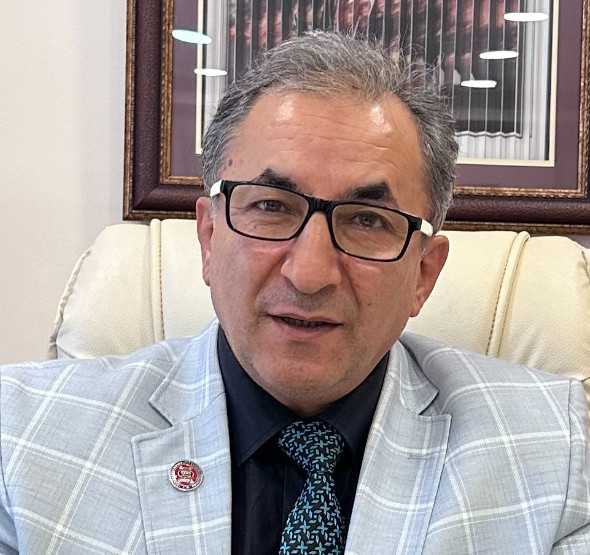There has been a significant communication breakdown between US Defense Secretary Lloyd Austin and his Chinese counterpart, Li Shangfu, for quite some time. Beijing has not yet responded positively to Washington's persistent efforts to establish direct military contact at the highest level. Even the efforts of US Secretary of State Antony Blinken during his visit to Beijing in June yielded no results.

In a statement from the Chinese Ministry of Defense last week, attention was drawn to the reasons hindering communication between Austin and Shangfu. The US had previously placed sanctions on Shangfu, and this decision remained unchanged despite his appointment to the Defense Ministry. The statement reminded that this decision was a hindrance to communication between Austin and Shangfu.
Another reason for the communication freeze was the nature of US military aid to Taiwan, which the US considers part of China. Beijing is particularly uncomfortable with US financing or providing military aid to Taiwan for certain weapon purchases, whether through funding or grants. The Chinese Ministry of Defense's statement highlighted this previously unmentioned detail.
The statement also mentioned that military-to-military communication between the two countries continues at lower levels. In mid-August, the "Indo-Pacific Defense Chiefs Conference" was held in Fiji, hosted by the US. General Xu Qiling, who led the Chinese delegation at the conference, met with his American counterparts. This example was highlighted in the statement. From Beijing's perspective, the initiation of communication between Austin and Shangfu seems to be more tied to the Biden Administration's Taiwan policy.
On the other hand, speculation continues regarding whether the US Army could be successful in a conflict with China. Such speculations are coming from high-ranking members of the US military as well. Most recently, US Air Force Secretary Frank Kendall made some statements comparing the US and Chinese militaries. In a recent interview, Kendall pondered, "If we were asked to go to war tomorrow against a major power like Russia or China, would we really be ready to do so? I think our answer, with significant differences, is that we are not sufficiently prepared. We should start spending a lot of time thinking about this and determining what to do about it."
Kendall received the most enthusiastic support from the "Hawks" faction of the "Anti-China China Party" in the United States. According to China hawks like Elbridge Colby, a former Deputy Secretary of Defense, Kendall's statements reflected a sense of 'urgency' within the Pentagon regarding China. Colby tweeted, "We should 'really' listen to him."
Colby and other "Hawks" are running a campaign asserting that China is nearing military parity with the U.S., and in some areas, even surpassing the capabilities of the American military. They argue that the Pentagon should prioritize increased spending, believing that China is preparing to invade Taiwan in the near future. The "Hawks" also insist on redirecting all resources towards countering China in the Asia-Pacific region by suspending American military activities and aid in Europe, including the "Ukraine-Russia conflict."
Kendall previously served as the Deputy Under Secretary of Defense for Acquisition, Technology, and Logistics during the Obama administration. War critics in the U.S. highlight that after leaving this role, Kendall worked as a consultant and executive in defense companies that do business with the Pentagon. The revolving door between the public and private sectors, where individuals prioritize private interests, is criticized in the U.S.
Upon assuming the position of Air Force Secretary, Kendall pledged to sever ties with the mentioned companies and divest his financial interests. Additionally, he committed to refraining from involvement in specific matters related to his former employers and clients for a period of two years. Critics of the "revolving door" argue that Kendall's statements about the U.S. military not being prepared to counter China serve the interests of the "Military-Industrial Complex" in America. The exaggerated portrayals of China's military capabilities by the "Hawks" are seen as part of this interest network.




